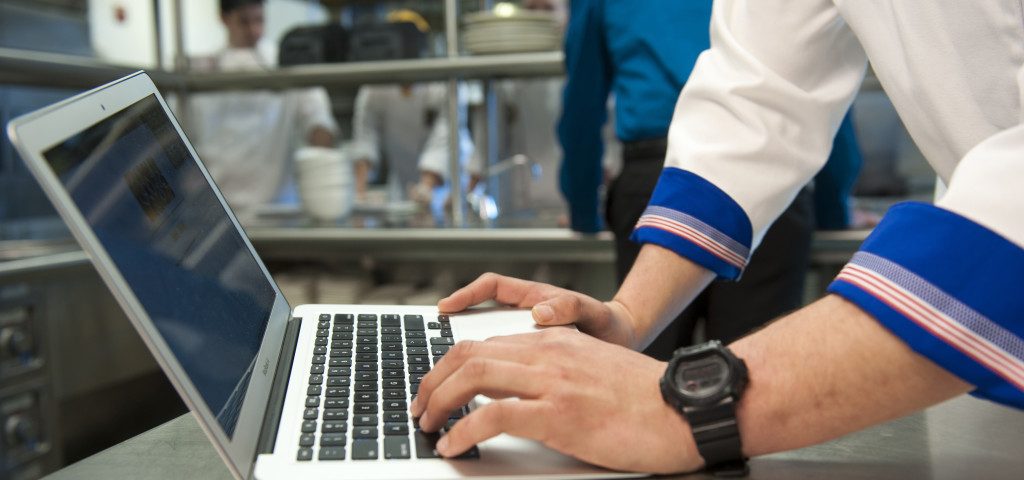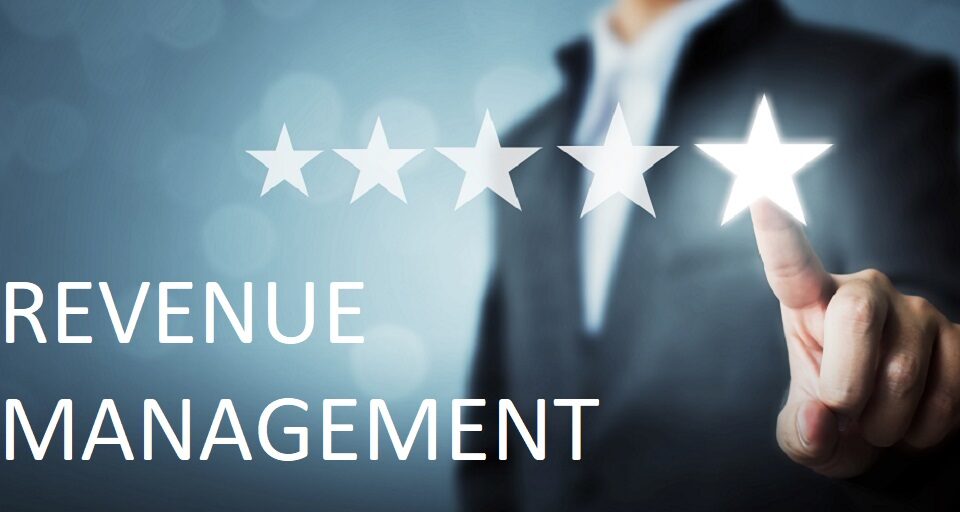New Challenges in Hospitality Education due to Pandemic

The World is Changing…
November 20, 2020Posted by Yash Sharma on November 20, 2020 04:30:00 PM, For Further Information, Please Connect: MEDIA.MARKETING @WGHIL.COM
New challenges in hospitality education due to pandemic:
The new set of challenges to hotel management institutes is to conduct the theory and practical classes by maintaining the physical distancing norm in the available infrastructure. The norms for social distancing will add a new set of challenge to conduct academic activity in available infrastructure. The conduct of theory and practical classes for a batch in one go will be nearly impossible task that will fall heavily on the resources of the education institutes. A deep thinking for the solution by hospitality educators is required.
Hotel management institutes that are being run on self-financing or autonomous schemes will be worst affected due to drastic drop in admissions. This will push them at the brink of survival. The international placements have historically been the greatest attraction for the hospitality industry aspirant, which may remain closed due to global recession in the travel and hospitality industry.
Gearing up for challenge – possible strategies:
The education sector is on fire-fighting mode world over. The world is currently adapting at a lightning speed that requires curious, flexible and proactive approach. However, based on these surreal circumstances of a global pandemic, a shift to online platform will provide the education momentum. Many experts think that the change is both necessary and urgent because the current system in education is still anchored in the last century mind-set and is failing to address the needs of the digital age.
Open-source digital learning solutions and Learning Management Software should be adopted in hospitality education to conduct teaching online. Learning Management Systems like Google Classroom, Blackboard, Zoom and Microsoft Teams, can play an important role in online academic delivery. Other options like online video-based micro-courses (e.g. EduGrade), e-books, simulations, models, graphics, animations, quizzes, games, and e-notes are advised to make learning more accessible and engaging. The institutes and universities should probe possibilities for conducting proctored online examination through third party national level vendors.
Because of the reason that hospitality education curriculum has high degree of practical components; a blended model for online education with role-play videos and industrial training, will be most appropriate. Blended learning is an approach to education that combines online educational materials and opportunities for interaction online along with industrial exposure. Online learning model involves synchronous and asynchronous learning. Synchronous learning is a real time interaction between a student and a teacher through a computer or a chat box and follows a schedule or a calendar like time table to get everyone together at the same time. Asynchronous online learning is a self-study mode and at the pace of student it could be conducted through recorded audio-video content, text, email, message board or threaded discussions. The above mix of teaching- learning needs to be the part of new hospitality education that has become need out of necessity.


